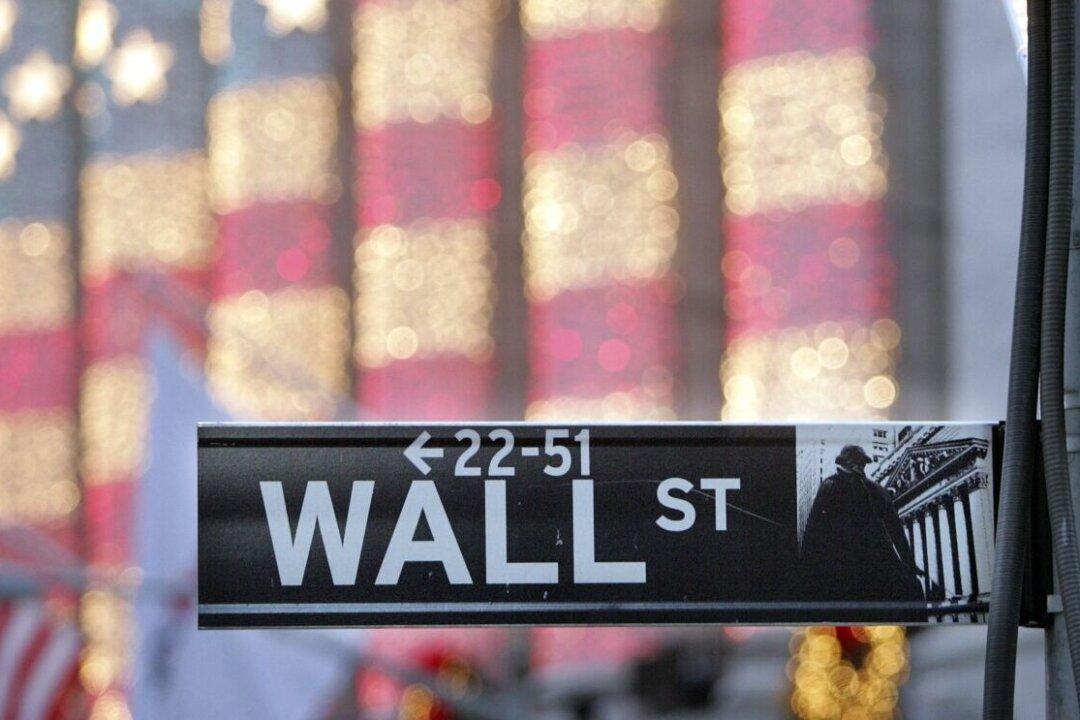News Analysis
Investment giants of Wall Street, although with some uncertainty over China’s complex and unstable policies, are lining up to enter the Chinese market with full control over their companies.

Investment giants of Wall Street, although with some uncertainty over China’s complex and unstable policies, are lining up to enter the Chinese market with full control over their companies.